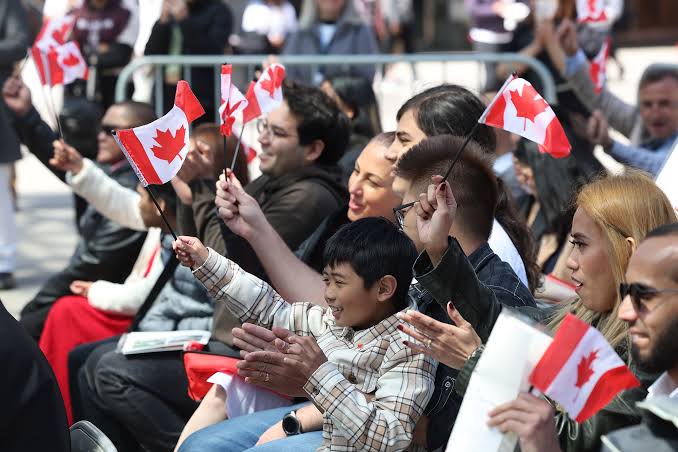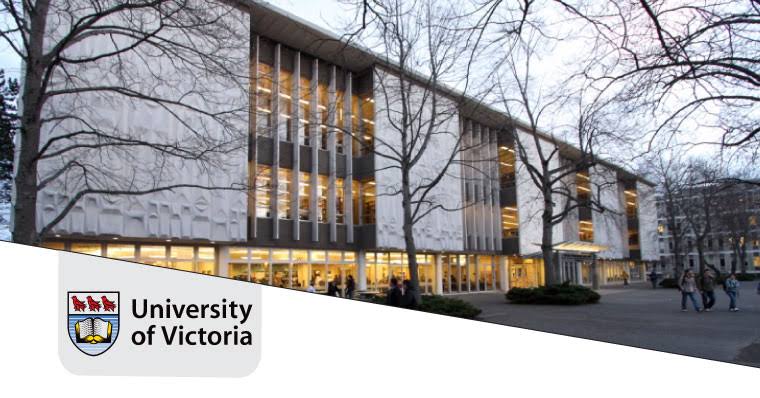For many refugees, the most immediate and crucial benefit of immigrating to Canada is the access to safety and protection. Canada has long maintained a strong humanitarian tradition, offering asylum to individuals fleeing persecution, war, violence, or discrimination based on race, religion, nationality, political opinion, or membership in a particular social group. Once in Canada, refugees are legally protected under both international obligations and Canadian law, including the Canadian Charter of Rights and Freedoms.
This protection is not just symbolic—it translates into real security. Refugees are shielded from deportation to countries where they face danger, and Canada’s thorough screening and adjudication process ensures that genuine cases are treated with dignity and urgency. In 2025, with global conflicts and crises increasing in regions such as Sudan, Afghanistan, and parts of the Middle East, Canada’s consistent intake of refugees has provided a much-needed lifeline.
Pathway to Permanent Residence and Citizenship
Unlike in many countries where refugees are granted temporary status, Canada offers a direct path to permanent residence. Government-Assisted Refugees (GARs) and Privately Sponsored Refugees (PSRs) become eligible to apply for permanent residence as soon as they arrive. Refugee claimants accepted after an inland hearing also gain access to permanent status once their claim is approved.
Once permanent residence is granted, refugees enjoy almost all the same rights as Canadian citizens. After fulfilling residency requirements—typically three out of the last five years—they can apply for Canadian citizenship, giving them full participation in society, including the right to vote and hold public office. This integration model empowers refugees not only to rebuild their lives but to contribute meaningfully to the country.
Access to Healthcare and Social Services
Canada’s universal healthcare system is another major benefit. Refugees receive immediate access to essential medical care under the Interim Federal Health Program (IFHP), which covers hospital services, physician fees, lab testing, vaccinations, mental health care, and prescription drugs. Once permanent residence is established, they are fully enrolled in provincial health insurance plans, just like other residents.
Beyond healthcare, refugees also benefit from a wide range of social services. These include subsidized housing support, employment counseling, language training (English and French), trauma and mental health services, and financial assistance through provincial or federal income support programs. These supports are designed not just to help refugees survive, but to thrive and integrate smoothly into Canadian society.
Economic Opportunities and Integration Programs
Although refugees may arrive with limited financial resources or interrupted careers, Canada offers many tools to help them regain economic stability. Newcomer services such as the YMCA, local settlement agencies, and programs like the Resettlement Assistance Program (RAP) guide refugees through early employment, credential recognition, and job placement. Microloans, skills training, and apprenticeship programs are increasingly accessible in 2025, particularly in high-demand sectors such as healthcare, construction, and tech.
Refugees also benefit from employment equity and anti-discrimination laws that promote fair treatment in the workplace. Over time, many refugee families transition from initial dependence on assistance to becoming business owners, skilled workers, and taxpayers—contributing directly to Canada’s economy.
Education for Children and Adults
Canada provides access to free public education for all children, including refugee children, from kindergarten through to high school. In many cases, children quickly adapt to their new environments, learn English or French, and build social networks that enhance their academic and personal development. The inclusive policies in Canadian schools promote cultural sensitivity, diversity, and equity, making refugee children feel welcome and supported.
Adult refugees are also offered educational opportunities, from ESL/FSL language classes to bridging programs for internationally educated professionals. Post-secondary institutions often provide scholarships or tuition waivers for students with refugee backgrounds, giving them a chance to pursue higher education and long-term career goals.
Sense of Belonging and Community
Canada’s multicultural framework actively encourages diversity and inclusion. Refugees are not merely tolerated—they are welcomed as part of the Canadian mosaic. Community organizations, faith-based groups, and private sponsorship networks help new arrivals establish a sense of belonging. These connections often last for years and contribute to community cohesion.
Private sponsorship, in particular, plays a key role. Canadians voluntarily commit to financially and emotionally supporting refugee families for one year, creating strong, often lifelong relationships. This grassroots support, combined with national policies, creates an environment where refugees can rebuild their sense of identity and dignity.
Legal Rights and Family Reunification
Refugees in Canada are entitled to legal protection and due process. They have the right to legal counsel, the right to appeal decisions, and access to legal aid services where needed. These rights reinforce Canada’s commitment to justice and fairness for all.
Additionally, once refugees gain permanent residence, they can sponsor close family members under the Family Class. Spouses, children, and sometimes parents may be eligible for reunification, allowing families to heal from trauma and build a future together. In 2025, Canada continues to prioritize family reunification for humanitarian cases, understanding its importance for psychological and social well-being.
Conclusion
Immigrating to Canada as a refugee offers far more than a fresh start—it offers security, dignity, and a chance to flourish in a peaceful, democratic society. From permanent residence and legal protection to access to education, healthcare, and employment, Canada provides a comprehensive support system that enables refugees to rebuild and thrive. With global displacement at record levels, Canada’s continued commitment to refugee resettlement serves as a model of compassion, resilience, and inclusiveness in an increasingly complex world.




Interesting